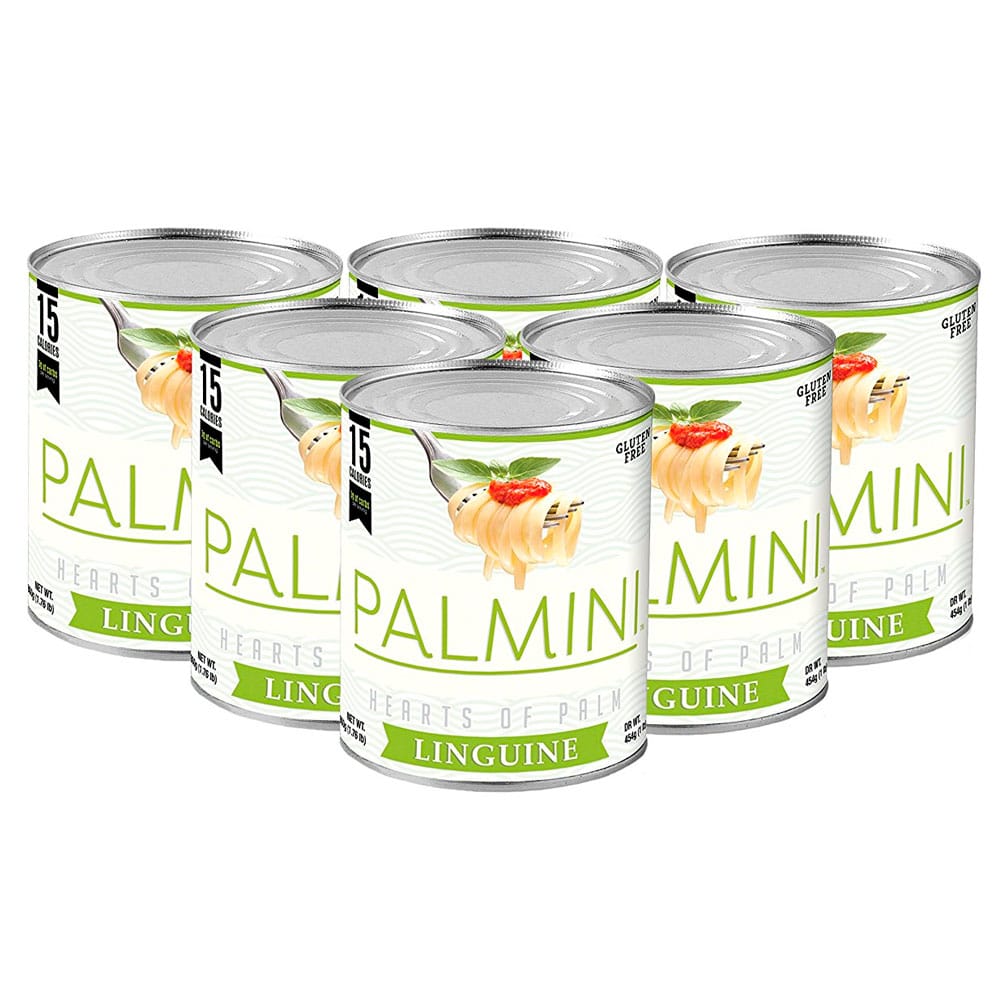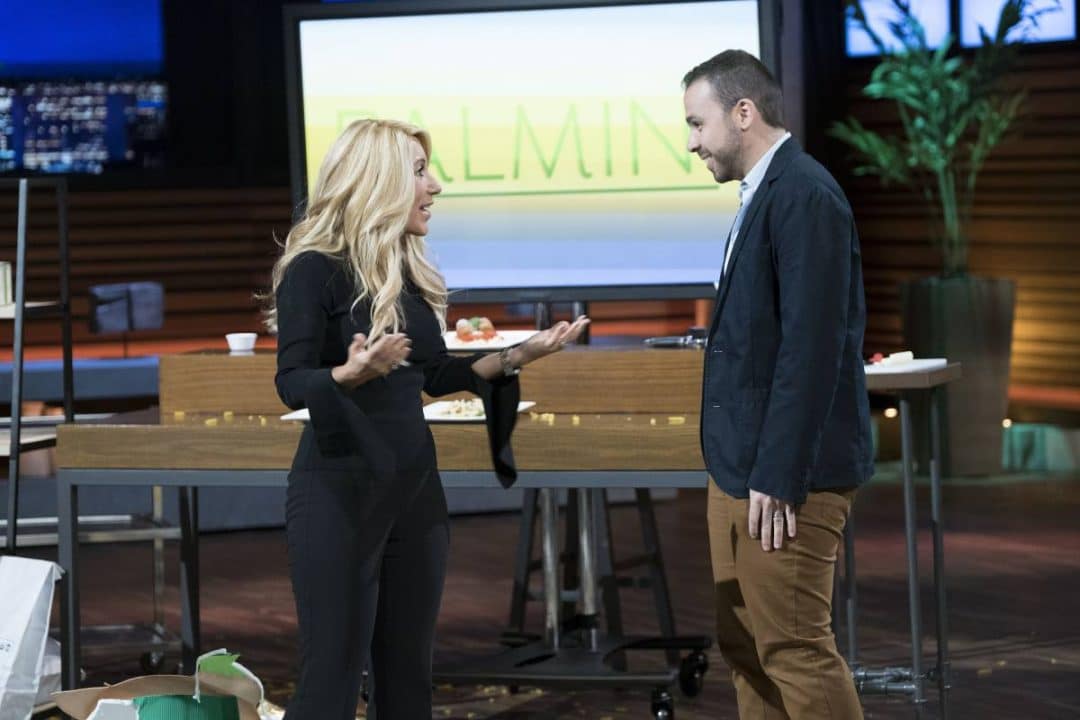Warrington alumnus offered $300,000 deal on Shark Tank
Alfonso Tejada decided to apply to be on Shark Tank in the summer of 2017, hoping he’d be selected sometime to pitch his product to the “sharks.” He was shocked to hear back from producers the next day.
“I thought they weren’t going to be interested in my product, but I actually heard back from them fairly quickly,” Tejada said.
Months later, Tejada (BSBA ’09, MBA ’11) was in the “tank” pitching his product, Palmini, a healthy pasta substitute made of hearts of palm that only has 15-20 calories and 4 grams of carbs per serving and is gluten and sugar free.
“I love Palmini,” Tejada said. “It’s hearts of palm, sliced and linguini shaped. It’s cooked and preserved a little differently so it tastes like pasta. Our goal was to have a neutral, pasta tasting product.”

“I didn’t have a backup plan in case nobody wanted to invest in the company, which in hindsight was not great,” he said with a laugh. “I was really convinced about my product and thought I was going to get a deal.”
Luckily for Tejada, he did get a deal, and others have noticed. He’s since been offered space for Palmini on Whole Food’s shelves, which is also planning special promotion of Palmini in the chain’s newest store in Gainesville when it opens in spring 2018. He’s also currently in talks with Walmart and Kroger to sell Palmini at two of the largest supermarket chains in the United States.
“My short-term goal for the company is to get the product in as many supermarkets as possible,” Tejada said. “My long-term goal for the company is to develop new products and to be the kind of company that sells really innovative products.”
With his background running his family’s agricultural machinery business in his native Bolivia, an eye for food-industry trends and a patent pending for the machinery Tejada uses to produce Palmini, he is able to step ever-closer to achieving his long-term goal.
“When I started back with quinoa [native to Bolivia], nobody knew what it was, but now it’s huge,” Tejada said. “I want my business to do that – I want my products to explode and grow.”
—
Learn more about Palmini, and watch Tejada’s Shark Tank episode season 9, episode 24.




